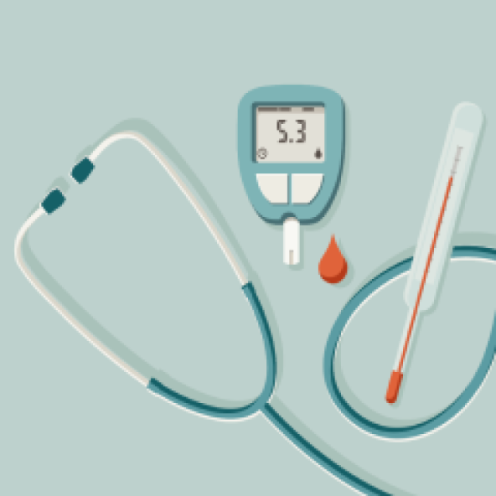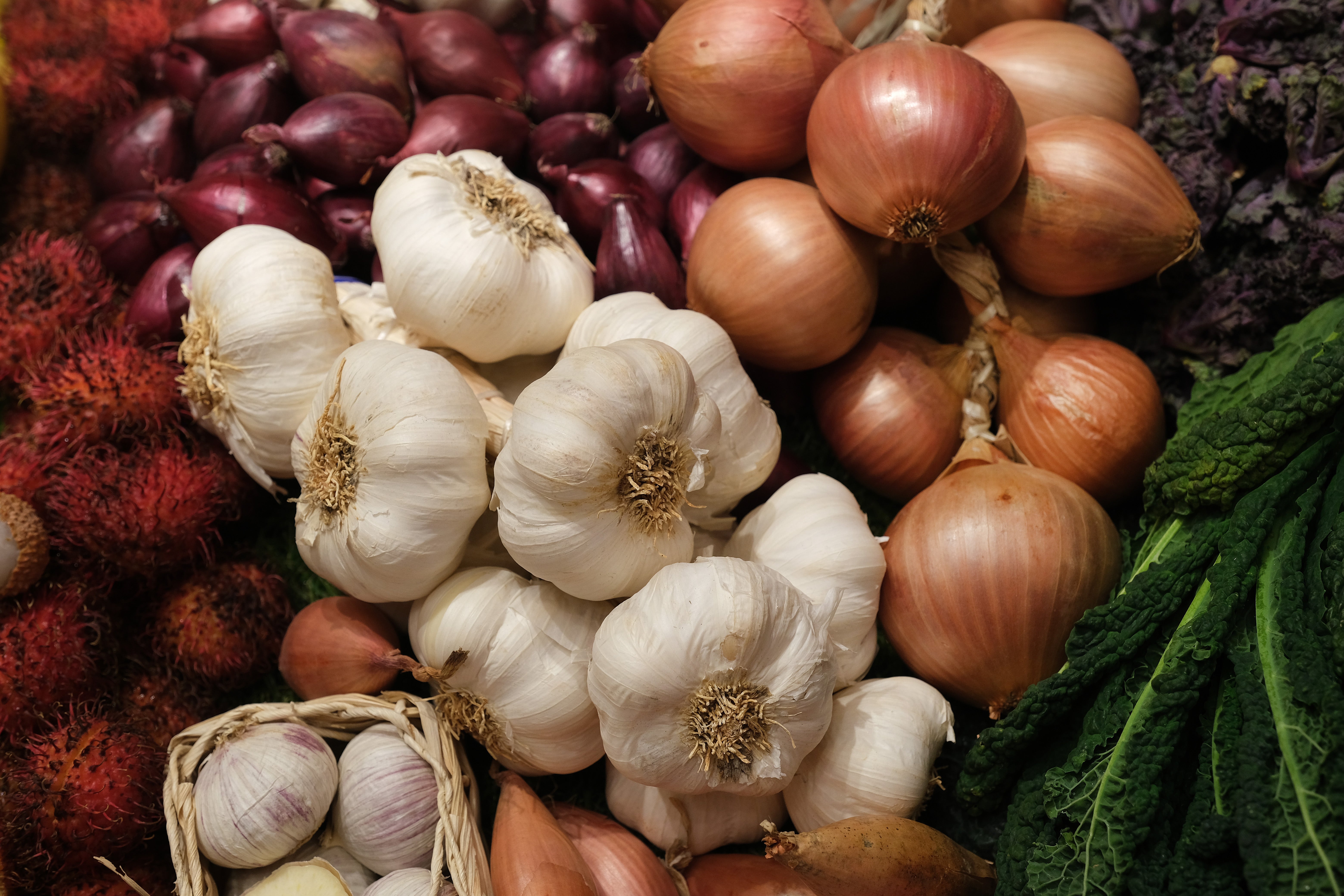- News
- Science
However, its unpleasant taste maybe an issue
Vishwam SankaranMonday 24 November 2025 09:16 GMTComments
 CloseSay Goodbye To Garlic Hands: Easy Odor Removal Methods..
CloseSay Goodbye To Garlic Hands: Easy Odor Removal Methods..
Sign up for our free Health Check email to receive exclusive analysis on the week in health
Get our free Health Check email
Get our free Health Check email
 Email*SIGN UP
Email*SIGN UPI would like to be emailed about offers, events and updates from The Independent. Read our Privacy notice
An extract prepared using garlic could have the same antimicrobial properties as a common mouthwash ingredient, according to a new study that may lead to a natural oral care alternative.
Although classified as a vegetable, garlic – Allium sativum – is widely used both as a herb and a spice in cooking for flavour.
It is well known as one of nature’s most potent antimicrobial crops, with scientists attempting to harness one of its compounds called allicin.
Previous studies have also shown separately that garlic extracts could be used to treat inflammation of the tissue inside the mouth, and the killing of microbes within the teeth root canal system.
Scientists from the University of Sharjah now suggest garlic extract could be developed into a mouthwash alternative due to its antiseptic properties, matching those of common disinfectant chemicals like chlorhexidine.
Although there could be some discomfort such as the smell of garlic to overcome, the extract appears to remain active for a longer period than chlorhexidine after use, they say.
“Chlorhexidine is widely used as a gold standard mouthwash but is associated with side effects and concerns over antimicrobial resistance,” researchers write in the Journal of Herbal Medicine.
“Garlic, known for natural antimicrobial properties, has emerged as a potential alternative,” they wrote.
 Garlic, onions and shallots lie on display (Getty Images)
Garlic, onions and shallots lie on display (Getty Images)The research review assessed several studies examining how garlic extract performs in real-world clinical settings and evaluated whether it could serve as a herbal replacement.
Researchers found evidence suggesting that mouthwashes containing higher concentrations of garlic extract can perform on par with chlorhexidine in reducing microbial activity.
“The effectiveness varied based on mouthwash concentration and duration of application, contributing to differences in outcomes,” they wrote in the review.
“Some studies favored chlorhexidine for maintaining higher plaque/salivary pH, while others reported garlic extract to be more effective at certain concentrations,” scientists wrote.
However, they agreed garlic mouthwash may cause greater discomfort such as a slight burning sensation and unpleasant odor, which they said could be overcome in further studies.
“Side effects such as burning sensation and unpleasant taste may limit use,” scientists wrote.
But despite these limitations, researchers found substantial evidence of garlic extract’s clinical antimicrobial effectiveness, “with significant reductions in bacterial counts from baseline”.
The findings suggest “the possible use of garlic extract mouthwash as a viable alternative to chlorhexidine in certain contexts”.
However, researchers emphasised that there is a need for further studies involving larger sample sizes and extended follow-up to confirm the “effectiveness and improve clinical applicability” of using garlic as an alternative mouthwash to the “gold standard” antimicrobial mouthwash chemical chlorhexidine.
More about
GarlicVegetableOral healthJoin our commenting forum
Join thought-provoking conversations, follow other Independent readers and see their replies
Comments

